Buy Avastin : Bevacizumab 400 mg/16 ml Injection Online
$684.93
Brand Name : Avastin
Composition : Bevacizumab
Manufactured by : Roche Holding AG
Strength : 400 mg/16mL
Form : Injection
Packing : Pack of 1 Vial
Prescription Required *
Avastin, also known as Bevacizumab 400 mg/16 ml Injection, is a medication that is used for cancer treatment. It is a monoclonal antibody that targets a protein called VEGF, which stimulates the growth of blood vessels. Avastin works by blocking the activity of VEGF, which slows down or stops the growth of blood vessels, effectively cutting off the blood supply to tumors.
Avastin is used to treat a variety of cancer types, including colorectal cancer, lung cancer, kidney cancer, brain cancer and ovarian cancer, among others. It is typically administered through injection into a vein over a period of 30-90 minutes, in a clinic or hospital setting. The dosage and duration of treatment varies depending on the type and stage of cancer being treated.
Numerous clinical trials have been conducted to evaluate the efficacy and safety of Avastin. These clinical trials have shown that treatment with Avastin can significantly improve survival rates, especially in advanced-stage cancer patients. Some studies have found that Avastin can extend the life of cancer patients by several months and reduce the risk of cancer progression or reoccurrence.
Avastin is generally well-tolerated with mild side effects including stomach problems, fatigue, headaches and high blood pressure. More serious side effects may occur, such as bleeding, blood clots, allergic reactions, heart problems, and wound healing complications. This medication may also cause kidney problems, so patients with this condition should be monitored closely.
Although Avastin is effective in treating a variety of cancer types, it is not suitable for everyone. Some patients with heart or kidney problems, severe bleeding problems, or allergies to this medication should not use it. Patients should inform their healthcare professionals of all medications being taken and any medical conditions they have before starting treatment with Avastin.
In conclusion, Avastin, or Bevacizumab 400 mg/16 ml Injection, is a medication used in the treatment of several cancer types. It works by blocking the activity of VEGF, which slows down or stops the growth of blood vessels and limits the supply of blood to tumors. Clinical trials have shown that treatment with Avastin can significantly improve survival rates and reduce the risk of cancer progression or reoccurrence. While it may cause side effects, the benefits of Avastin can outweigh the risks for many patients. It is important to follow the instructions provided by healthcare professionals for the correct dosage and monitoring.
Be the first to review “Buy Avastin : Bevacizumab 400 mg/16 ml Injection Online” Cancel reply
Related products
Anti Cancer
Anti Cancer
Anti Cancer
Anti Cancer


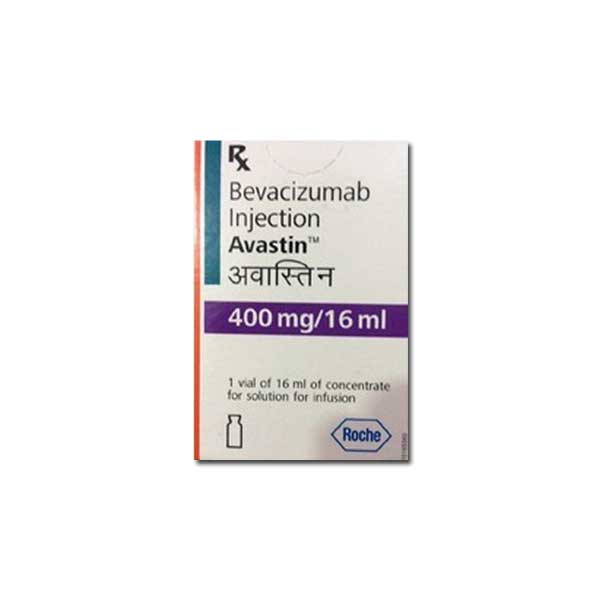
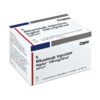

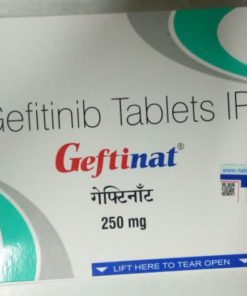
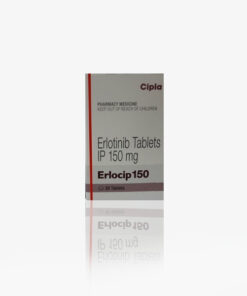
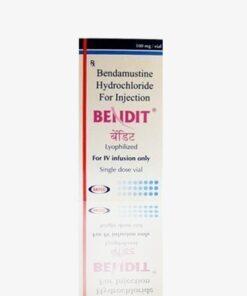
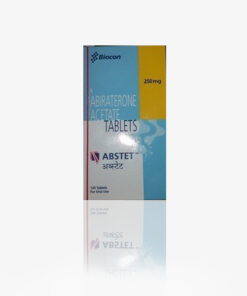
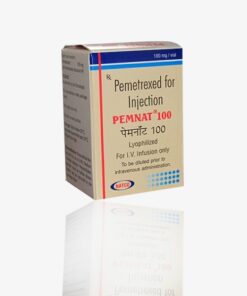
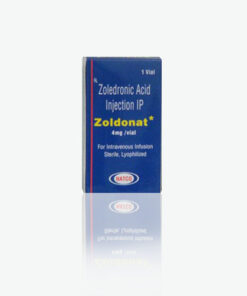
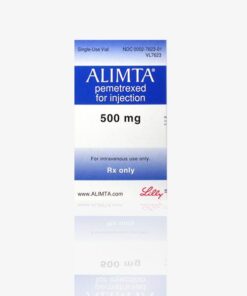
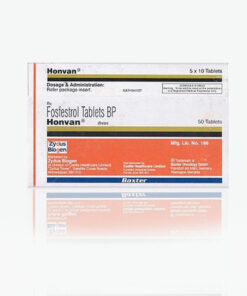
Reviews
There are no reviews yet.